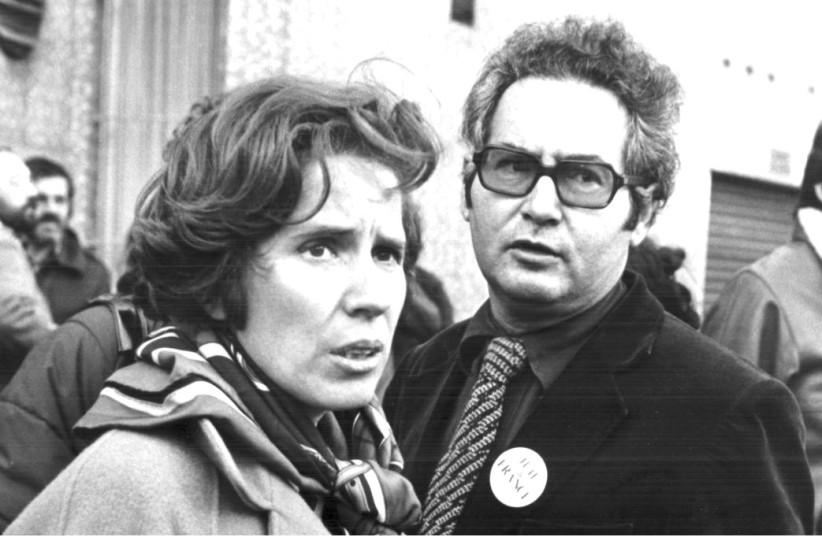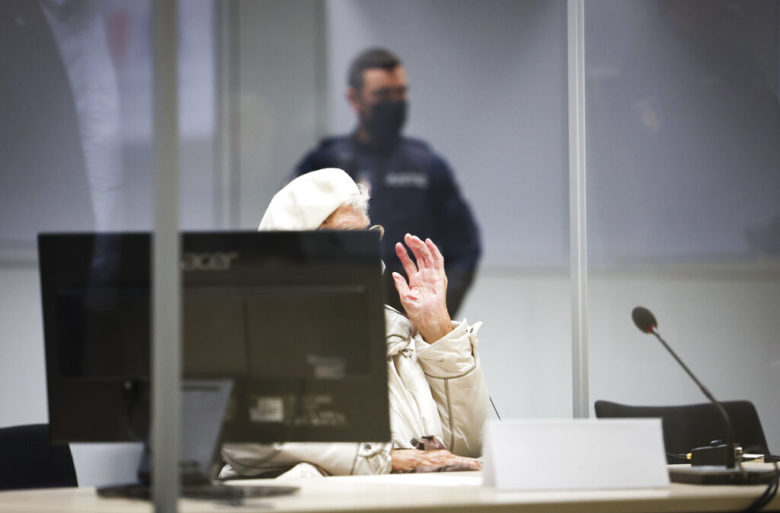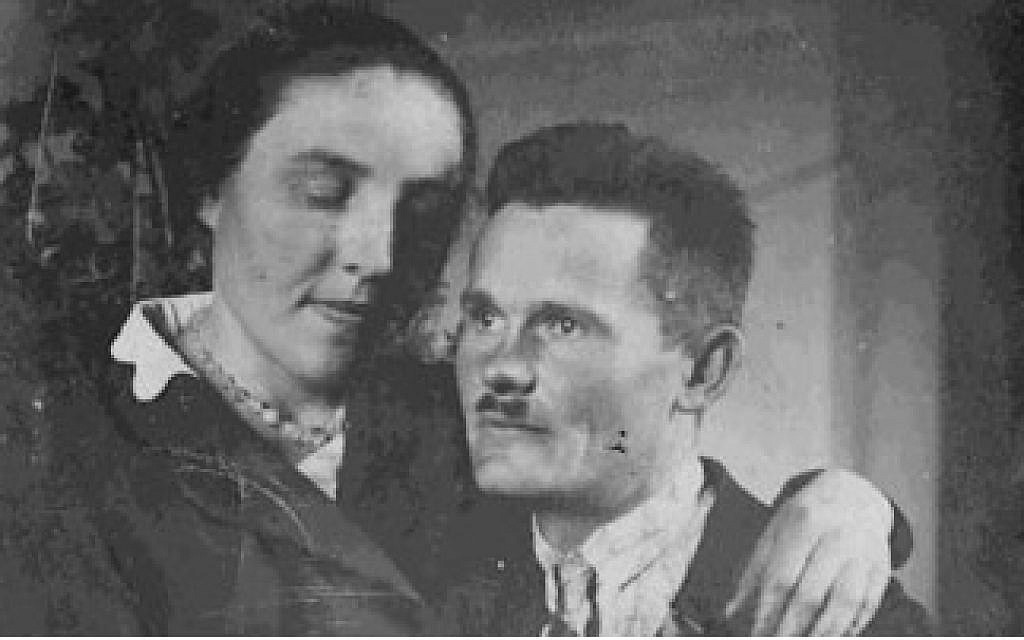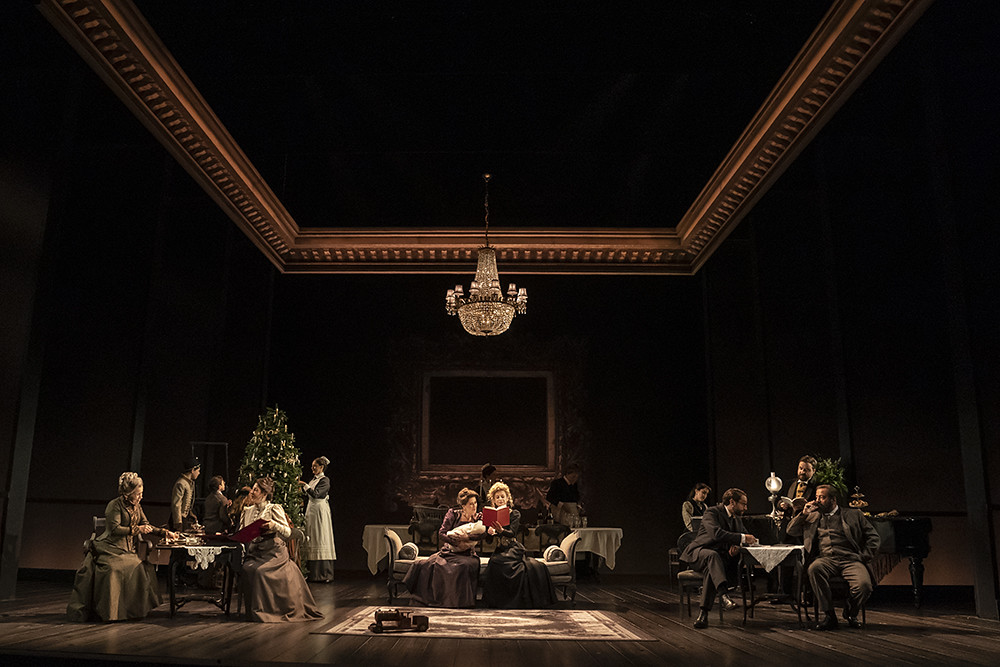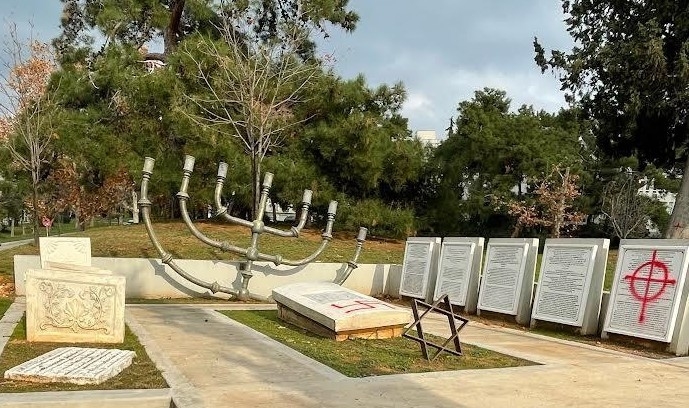Sixties Fan
Diamond Member
- Mar 6, 2017
- 73,246
- 12,704
- 2,290
- Thread starter
- #521
December 9 1942 marked a turning point in the fortunes of the Jews of Tunisia. The Germans occupied the country the previous month, and 5,000 Jewish males were marched off to forced labour camps. There was little that the Jewish community could do to resist this colossal force. France 24 commemorates 80 years since the first round-up:
 Moncef Bey: signed every antisemitic decree
Moncef Bey: signed every antisemitic decree
On December 9, 1942, when Tunisia had been occupied for a month by the Germans, 3,000 Jewish men over the age of 18 were ordered to do forced labour, but only 120 men showed up. The occupier then ordered a round-up. Nearly 5,000 Jews were sent to forced labor in camps where they suffered ill-treatment.
“While the chief of SS rants, I mentally take stock of the situation, ” recalled community leader Paul Ghez.” We feel very small before the colossal force which has been unleashed. I look to my right at the pitiful group of gloomy and silent prisoners. I can make out the beard of the rabbi, I see a child shivering with fear.” On December 9, 1942, Paul Guez, head of the Jewish community in Tunis, turned out to be quite powerless. While the German occupier conducted the round-up in the Tunisian capital, the Jews could not put up any resistance. Nearly 5,000 Jews were sent to forced labor camps.
This date marks a turning point. Until then, the Jews of Tunisia, about 90,000 people, had not suffered such persecution. Since the establishment of the Vichy regime, however, they were the object of anti-Semitic measures, according to the Statut des juifs promulgated in France in October 1940. “In this statute, article 9 stipulates that it is applicable in the countries of the protectorate”, explains the historian Claude Nataf, president of the Society for the History of the Jews of Tunisia (SHJT). “But for a draft law to be applicable in Tunisia, it must have the seal of the bey (the Tunisian sovereign)”, he says.
At the time, Ahmed II Bey ruled the country. “He is an old man who will die two years later. He is more concerned about his legacy and what he will bequeath to his children. He does not want to come into conflict with the Resident General of France, especially on the Jewish question”, says Claude Nataf. The statute was therefore introduced on November 30, 1940 and excluded Jews in public service and in the press, radio, theater and cinema. However, it turned out to be “more moderate” than in mainland France, according to the historian, since a second statue exempting certain professions was promulgated in June 1941.
When the bey died in June 1942, his cousin Moncef succeeded him. The latter publicly expressed his condemnation of official anti-Semitism by declaring: “The Jews, like the Muslims, are my children”, but, like his predecessor, he signed decrees enacting racial measures, in particular “to eliminate Jewish influence in the Tunisian economy”.
But the situation deteriorated with the German occupation in November 1942, the day after the Anglo-American landings in Algeria and Morocco. SS Colonel Walter Rauff, inventor of the mobile gas vans used in Eastern Europe, then led the anti-Jewish campaign . “At first he had the idea of launching a pogrom to liquidate the Jews with the help of the Muslim population because he did not have enough men, but the leaders of the Muslim community were informed of this and put out the ‘fire”, according to Claude Nataf.
The Nazi commander then decided to act on his own. On December 8, 1942, he summoned leaders of the Jewish community and demanded the requisition of 3,000 workers equipped with shovels and pickaxes for the next day. Only a hundred men responded to this call. “Rauff then launched a round-up which took place in front of the great synagogue, which the SS desecrated. They arrested all passers-by. A second round-up took place near the school of the Alliance Israélite Universelle, while a hundred leading Jews, including women, were locked up in the military prison of Tunis to serve as hostages and to be shot if they disobey”, says the historian.
Read article in full (French)
More about the Nazi occupation of Tunisia

 www.jewishrefugees.org.uk
www.jewishrefugees.org.uk

On December 9, 1942, when Tunisia had been occupied for a month by the Germans, 3,000 Jewish men over the age of 18 were ordered to do forced labour, but only 120 men showed up. The occupier then ordered a round-up. Nearly 5,000 Jews were sent to forced labor in camps where they suffered ill-treatment.
“While the chief of SS rants, I mentally take stock of the situation, ” recalled community leader Paul Ghez.” We feel very small before the colossal force which has been unleashed. I look to my right at the pitiful group of gloomy and silent prisoners. I can make out the beard of the rabbi, I see a child shivering with fear.” On December 9, 1942, Paul Guez, head of the Jewish community in Tunis, turned out to be quite powerless. While the German occupier conducted the round-up in the Tunisian capital, the Jews could not put up any resistance. Nearly 5,000 Jews were sent to forced labor camps.
This date marks a turning point. Until then, the Jews of Tunisia, about 90,000 people, had not suffered such persecution. Since the establishment of the Vichy regime, however, they were the object of anti-Semitic measures, according to the Statut des juifs promulgated in France in October 1940. “In this statute, article 9 stipulates that it is applicable in the countries of the protectorate”, explains the historian Claude Nataf, president of the Society for the History of the Jews of Tunisia (SHJT). “But for a draft law to be applicable in Tunisia, it must have the seal of the bey (the Tunisian sovereign)”, he says.
At the time, Ahmed II Bey ruled the country. “He is an old man who will die two years later. He is more concerned about his legacy and what he will bequeath to his children. He does not want to come into conflict with the Resident General of France, especially on the Jewish question”, says Claude Nataf. The statute was therefore introduced on November 30, 1940 and excluded Jews in public service and in the press, radio, theater and cinema. However, it turned out to be “more moderate” than in mainland France, according to the historian, since a second statue exempting certain professions was promulgated in June 1941.
When the bey died in June 1942, his cousin Moncef succeeded him. The latter publicly expressed his condemnation of official anti-Semitism by declaring: “The Jews, like the Muslims, are my children”, but, like his predecessor, he signed decrees enacting racial measures, in particular “to eliminate Jewish influence in the Tunisian economy”.
But the situation deteriorated with the German occupation in November 1942, the day after the Anglo-American landings in Algeria and Morocco. SS Colonel Walter Rauff, inventor of the mobile gas vans used in Eastern Europe, then led the anti-Jewish campaign . “At first he had the idea of launching a pogrom to liquidate the Jews with the help of the Muslim population because he did not have enough men, but the leaders of the Muslim community were informed of this and put out the ‘fire”, according to Claude Nataf.
The Nazi commander then decided to act on his own. On December 8, 1942, he summoned leaders of the Jewish community and demanded the requisition of 3,000 workers equipped with shovels and pickaxes for the next day. Only a hundred men responded to this call. “Rauff then launched a round-up which took place in front of the great synagogue, which the SS desecrated. They arrested all passers-by. A second round-up took place near the school of the Alliance Israélite Universelle, while a hundred leading Jews, including women, were locked up in the military prison of Tunis to serve as hostages and to be shot if they disobey”, says the historian.
Read article in full (French)
More about the Nazi occupation of Tunisia

Eighty years since Tunisian Jews were rounded up by the Nazis • Point of No Return
December 9 1942 marked a turning point in the fortunes of the Jews of Tunisia. The Germans occupied the country the previous month, and 5,000 Jewish males were marched off to forced labour camps. There was little that the Jewish community could do to resist this colossal force. France 24...
